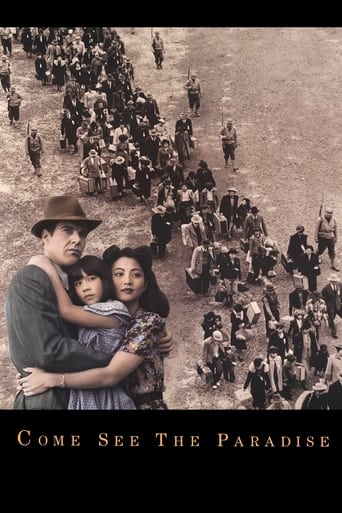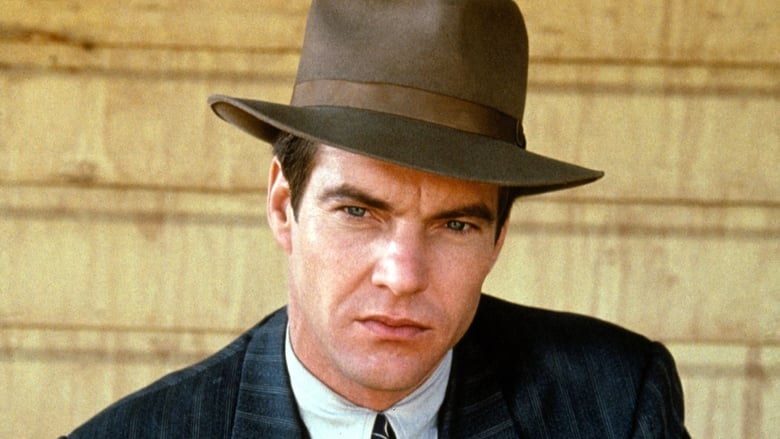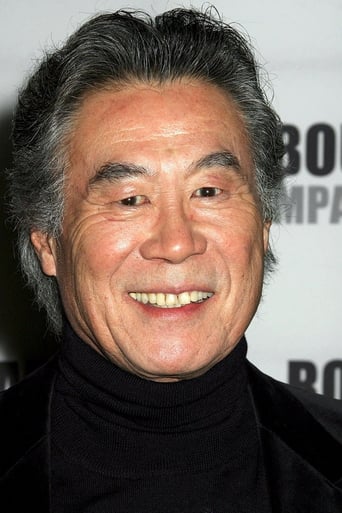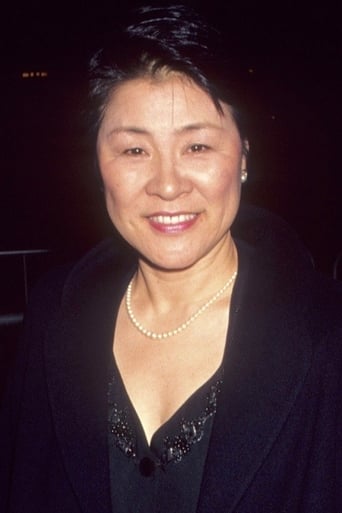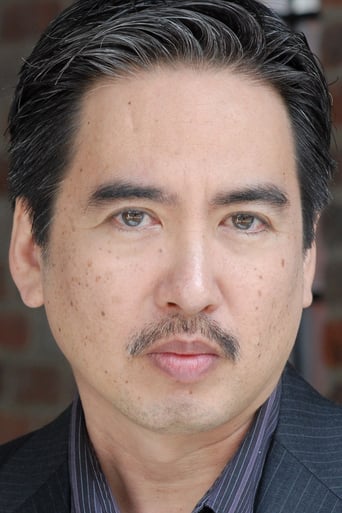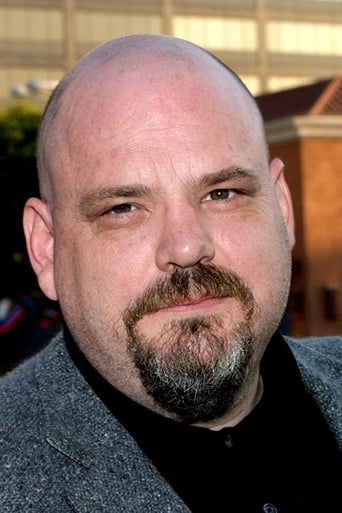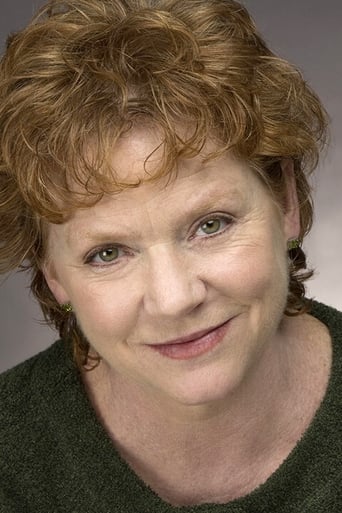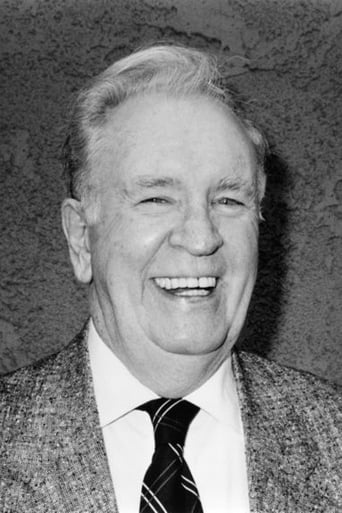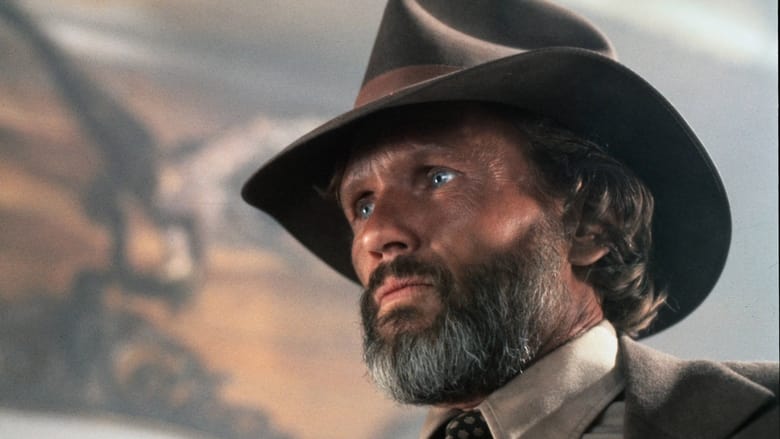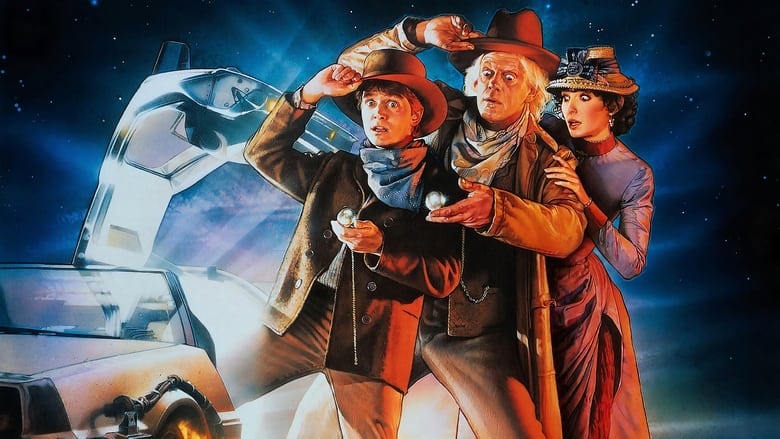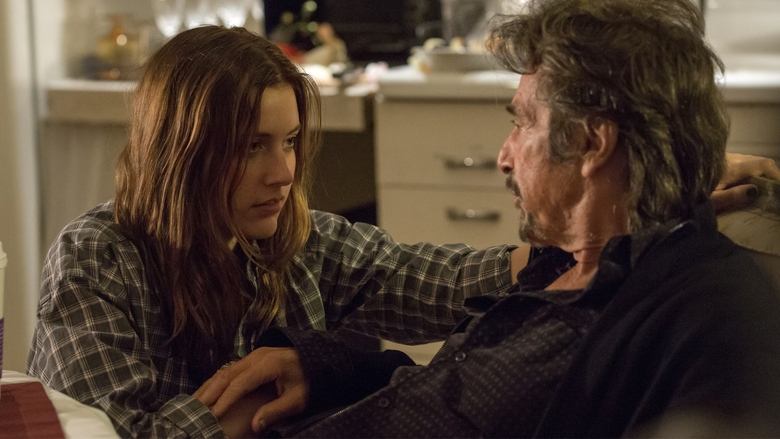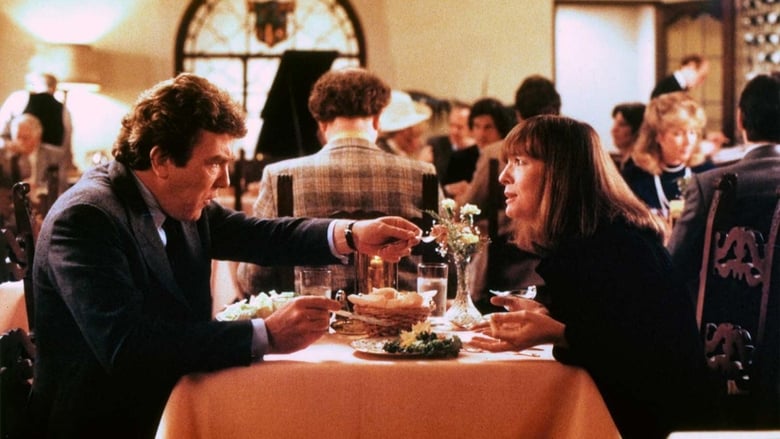In this drama from director Alan Parker, on-the-lam Jack McGurn flees to Los Angeles and takes a job as a projectionist at a movie theater owned by a Japanese-American man. Jack falls for the owner's daughter, Lily, but they are forced to elope to Seattle when her father forbids the relationship. The couple marry and have a daughter, but when World War II breaks out, Jack is powerless to stop his new family's forced internment.


Similar titles

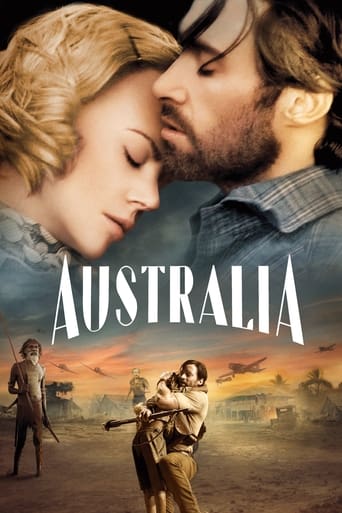
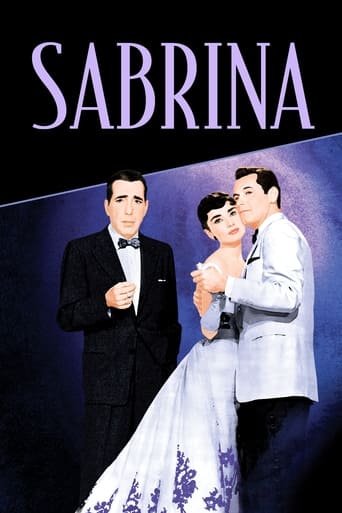
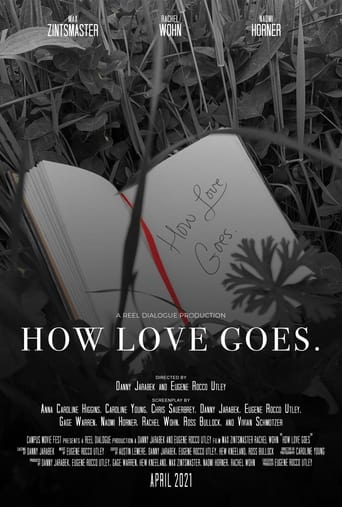
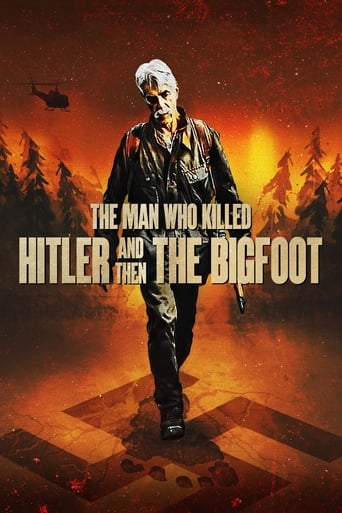
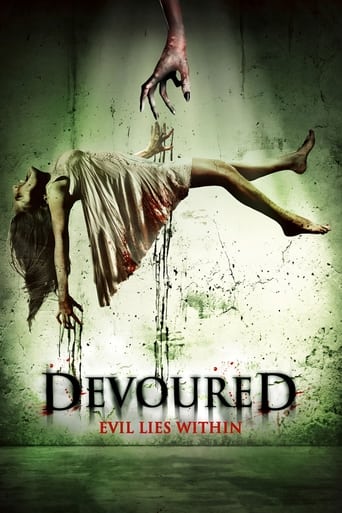




Reviews
It is always difficult to find and acknowledge fault in one's own history. In that sense, Come See the Paradise was a surprisingly historically well-portrayed film, considering that it is a movie made in the US about Japanese internment camp. The movie did justice to the historical tragedy that Japanese Americans had to go through, but also made it acceptable for a larger American audience. It touches on several historical facts, such as the formation of Japanese Citizen League, the loyalty question in the questionnaire, and different experiences of Japanese Americans and the parents who are aliens. A compromise was necessary in order to produce this movie, which I believe was cleverly done. Nonetheless, excluding the historical side, if we just evaluate the movie as another Hollywood film, I have to say it is generally terrible movie. The acting is very awkward and the lines made me cringe from time to time. Especially the scene in the Chinese restaurant where Jack and Lily first have lunch together was too cheesy that it was far from being romantic. Moreover, some parts of the plot seems irrelevant to the general storyline. For example, the fact that Jack was involved in the labor union business seems to have no connection with the rest of the story. The movie is slightly messy before the characters get interned in the camp, which happens relatively later in the film than I expected. I personally enjoy films that are coherent throughout, but this film was not one of them.
While I applaud the writers, producers, and directors for their attempt to depict the Japanese-American experience during WWII, the execution was dire at best. The script was poorly written and poorly produced. In fact, I cannot decide which was worse the writing or the acting. The entire role of Dennis Quaid was annoying, and its only practical advantage was an awkward fumbling of a love story. I take it this narrative was intended to attract a larger audience. To be fair, American audiences are not historians per se, and likely want a dramatic love affair. The one redeeming quality of the film was the use of props and scenery. I suppose the budget allowed for an acceptable rendition of a west coast city in the 1940s. As for the historical accuracy, the film did convey generational tension and discussed the relevance of national identity during the war. Generational tension was depicted when Lily was pleading with her mother, after their long estrangement due to her marriage to Jack. She spoke in English, while her mother responded in Japanese. Another instance of generational tension was when Lily's brother refused to speak to his father, who her brother thought gave information to American intelligence. National identity was depicted by the discussion concerning the questionnaire that asked internees to pledge loyalty to the United States. Furthermore, the film showed the protests of the Japanese Citizen League within the camp. Overall the camp experience was portrayed accurately. Japanese-Americans endured forced migration to makeshift camps in the desert where they were held unconstitutionally.
It's 1936. Jack McGurn (Dennis Quaid)'s wife had gone back to Ireland after losing their unborn child in an industrial accident. He is an union "sweatshop lawyer" who gets run out of Brooklyn after he disagreed with burning down a theater. He comes to join his brother Gerry in L.A. and eventually gets a job at a Japanese theater in Little Tokyo. He falls in love with the owner's daughter Lily Kawamura (Tamlyn Tomita). Her father forbids her and she runs away to get married in Seattle. It was illegal in California at the time. He gets into trouble trying to organize the cannery plant that he works at despite her objections. She goes back to her parents right when Japanese forces attack Pearl Habor. The police arrests all the first generation men. Jack rejoins his family in L.A. The family is interned and Jack is drafted.The movie moves deliberately. It takes its time to show the cultural differences and give the romance some space. It's a bit slow but it works as an old fashion romantic film. It doesn't really heighten the drama more than a simple melodrama level. The running time is over two hours long and probably would work better with less. This starts as a fine love story about Jack and Lily but that drama fades into the background in the second half. The camp part of the movie becomes more about telling different aspects of life through the family members.
Well, I recently experienced "Come See the Paradise" with Dennis Quad. The movie tells the often overlooked and not widely known story of Japanese Americans before, during and after WWII. This film was incredible to say the least, the characters very well drawn up and telling a simple love story beautifully. The performances are memorable and one can feel the sense of conflict in these characters. At times I was actually nearly brought to tears, a rare thing for me (the only movies that have ever made me cry are "Godzilla vs. Destroyah", "I am Legend", "Pokémon 2000" ,I was like seven, "Rodan" and "Schindler's List"). The encampment of Japanese-Americans is often overshadowed by Pearl Harbor and the Holocaust, but this film shows it how it really happened. The struggle of loyalty, patriotism and freedom all are called out in this movie quite nicely, the director just telling it how it is, you know? The story is sad one that finally lives up to its title, although I couldn't really enjoy it the first time around with my history teacher treating us like five year olds! I only wish it had a scene of the Atomic bomb being dropped on Nagasaki or Hiroshima. It would of helped audiences understand the atrocity of using such a weapon on defenseless civilians.
